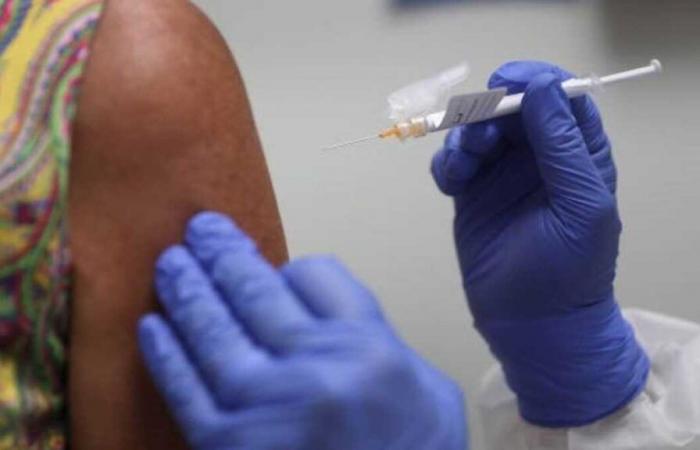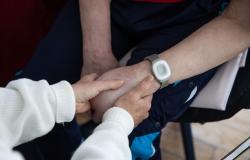Ten years after the devastating epidemic that ravaged West Africa, the specter of the Ebola virus still hangs over the affected populations. Despite the absence of recent cases in Sierra Leone since 2016, vaccination campaigns and prevention measures demonstrate increased vigilance.
But is the threat of Ebola really behind us, or is it still lurking in the shadows, ready to resurface?
A look back at a significant epidemic
In 2014, the Ebola virus hit Sierra Leone, Liberia and Guinea hard, killing more than 11,000 people. At that time, no vaccine was available to combat this deadly disease. It had a case fatality rate of up to 90% during certain epidemics. Symptoms, such as intense fevers and severe bleeding, have made Ebola one of the continent’s most feared diseases.
The trauma is still palpable among the survivors, who bear physical and psychological after-effects. But this crisis has also revealed the resilience of populations. It has exposed the flaws in healthcare systems and offers valuable lessons for the future.
Medical advances: a decisive turning point
Since 2019, an approved vaccine, Ervebo, offers effective protection against Ebola. This vaccine, prequalified by the WHO and financed by the Gavi Alliance, constitutes a global stock of 500,000 doses. Of these, 20,000 were allocated to Sierra Leone.
In response to an outbreak in neighboring Guinea in 2021, Sierra Leone launched a vaccination campaign in its border districts. Although no cases have been recorded on its territory since 2016, this initiative shows that prevention remains a priority.
Ebola: a threat still relevant today?
Despite scientific progress, the Ebola virus has not disappeared. Its transmission, often linked to contact with infected animals, remains a reality in certain forest areas. Sporadic epidemics, like the one occurring in Guinea in 2021, are a reminder that vigilance must be maintained.
The WHO emphasizes the importance of prevention programs, increased surveillance and health training to avoid a resurgence. Sierra Leone, once at the heart of tragedy, is today an example of resilience and collective mobilization.






